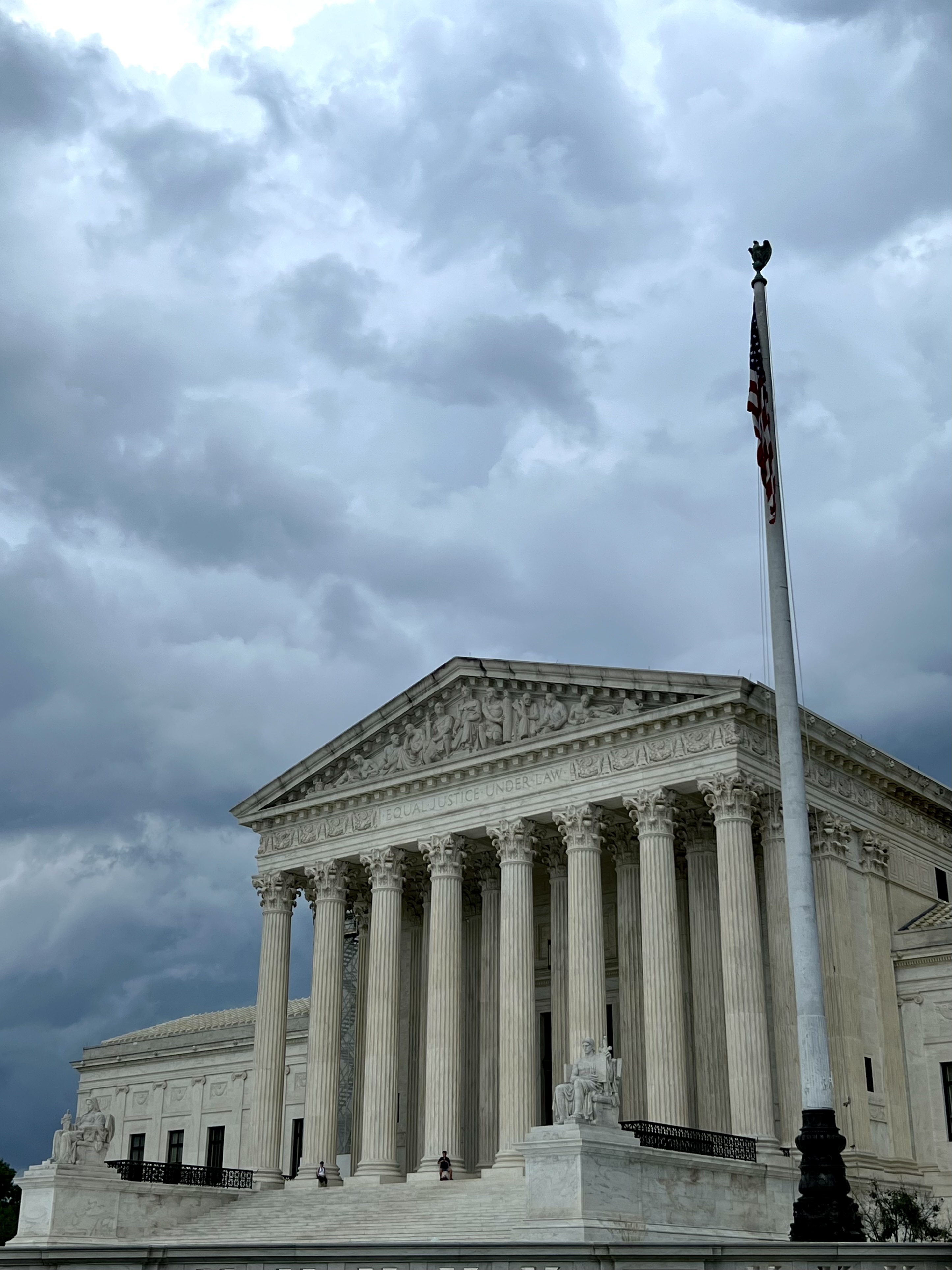“They deserve to know once and for all whether they will be able to pursue in this Nation’s courts recognition of and justice for the crimes Petitioners committed against them and humanity,” attorneys for the plaintiffs wrote in court documents.
The Supreme Court is continuing to assess the potential international impact of permitting a group of Holocaust survivors and their heirs to litigate claims against the Hungarian government.
According to The Hill, the Holocaust survivors and the Hungarian government have spent close to 14 years in court. Although attorneys for Hungary say that the country is clearly a foreign sovereign—and therefore cannot be held liable in another country’s court—the plaintiffs maintain that they’re eligible to pursue their claims under an exception relating to the so-called “expropriation” of property.
The Hill notes that the Supreme Court is now considering whether the lawsuit can move forward under the “comingling theory,” which states that the Hungarian government, while under Nazi occupation, liquidated accounts, funds, and other assets belonging to Jews—assets that have long since been reinvested, with some now held in the United States in the form of bonds and interest payments.
“They deserve to know once and for all whether they will be able to pursue in this Nation’s courts recognition of and justice for the crimes Petitioners committed against them and humanity,” attorneys for the plaintiffs wrote in court documents.

Joshua Glasgow, an attorney representing Hungary, asked the court to reject “comingling without more.”
In a Tuesday hearing, Glasgow asked the justices to imagine the possibility of a European country deciding it has the authority to adjudicate claims involving the involuntary internment of Japanese-Americans during the Second World War. Comparing this hypothetical example to the survivors’ argument, Glasgow said that the American government could be held liable for billions of dollars in losses.
“The United States would be outraged and affronted by such a decision,” he said.
Shay Dvoretzky, an attorney for the plaintiffs, said that the comingling theory has “significant guardrails” that would protect the United States from foreign overreach.
Nonetheless, the justices seemed somewhat skeptical of Dvoretzky’s argument.
“Once you say commingling counts, well, then everything’s pretty much fair game,” Supreme Court Chief Justice John Roberts said.
Justice Brett Kavanaugh, meanwhile, noted that the expropriation exception is unique to the United States.
“One of the important things, I think, with making sure we don’t read it too expansively is friction with other countries and, if other countries adopted a similar expropriation and commingling theory, the effects it would have on the United States,” Kavanaugh said.
But Justice Elena Kagan, one of the few remaining liberals on the bench, suggested that keeping the expropriation exemption at arm’s length could risk defying Congress’s will.
“Doesn’t this provide a roadmap to any country that wants to expropriate property?” Kagan asked. “In other words, just sell the property, put it into your national treasury, [and] insulate yourself from all claims for all time.”
The federal Department of Justice, as well as the government of Germany, has issued briefs and statements in support of the Hungarian government’s position.
Sources
Supreme Court will review Holocaust survivors’ lawsuit against Hungary
Supreme Court will take up Hungary’s bid to end lawsuit from Holocaust survivors
Supreme Court wrestles with Hungary’s effort to end Holocaust survivor lawsuit


Join the conversation!